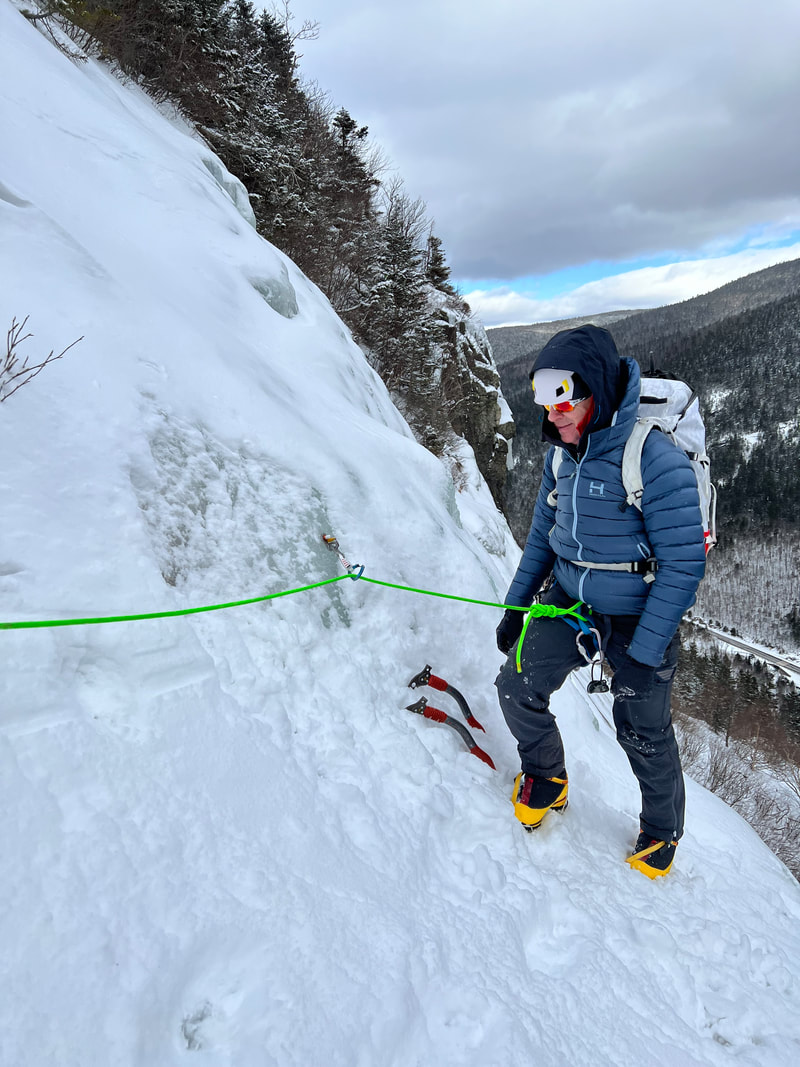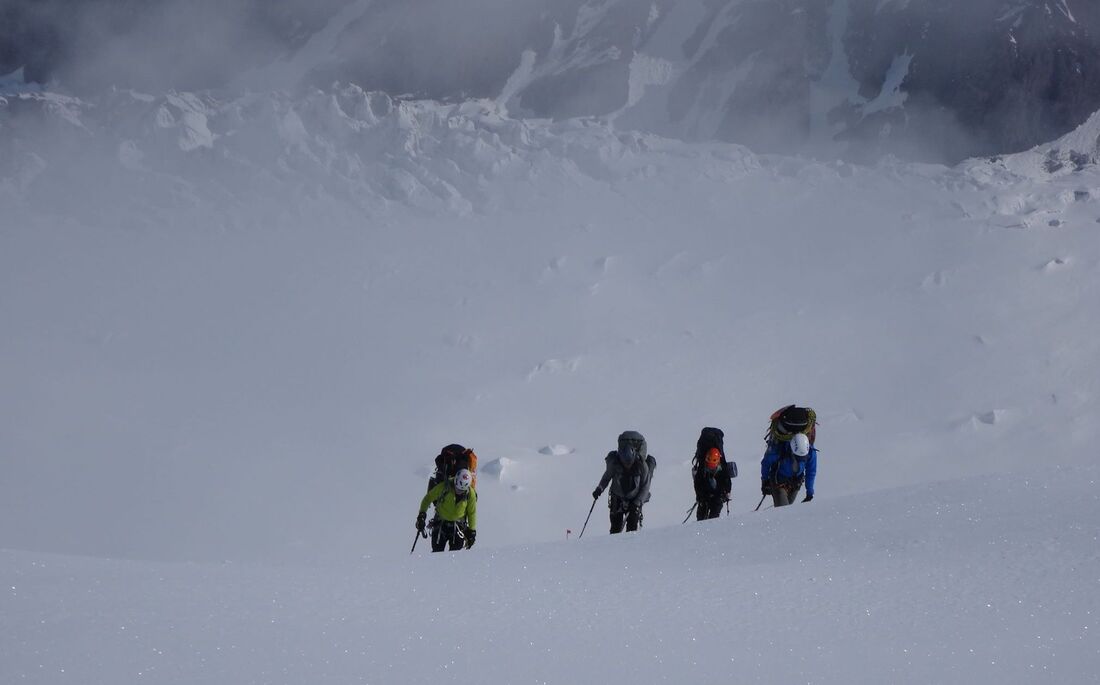Very excited to be co-sponsoring a major conference on climate and human responses during the Holocene, in Bern, June 2024. See under "lectures and conferences" or follow this link.

Ice climbing in New Hampshire's White Mountains. Photo by Peter Doucette @mountainsense
Heading up a new route on Mt Bona, St Elias Range, Alaska
